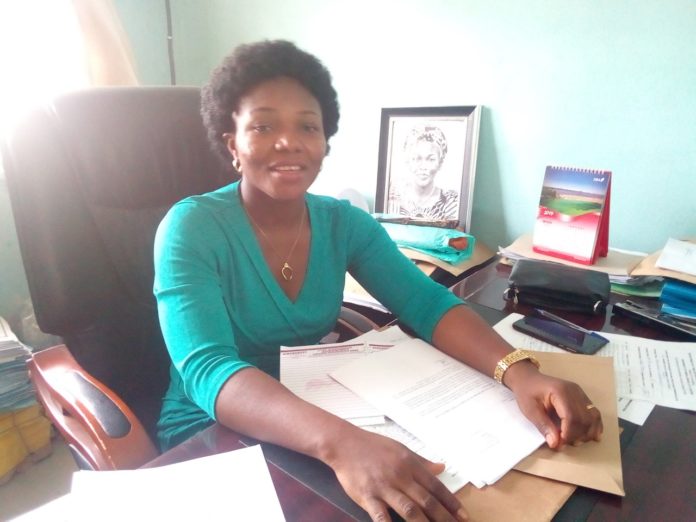
Since the unbundling of Mass Communication by the Nigerian Universities Commission (NUC), media scholars have been lending their voices to the new development. The recent being the acting Head of Department of Mass Communication, University of Benin, Dr (Mrs) Comfort Ene Obaje. In this interview, The Precision NG’s Habiba Ibrahim (400 level, Mass Comm Dept, UNIBEN) and Jumoke Ogundeji (300 level, Mass Comm Dept, AUO) took time to ask the media scholar what benefits the new development portrays for the profession. Excerpts…
Q: The Nigerian Universities Commission (NUC) has just announced the division of Mass Communication to seven different fields, what does this development portray for the profession?
A: Well, it’s a welcome development, it is something we have been looking forward to seeing because right from when we started as Mass Communication students, we felt what we were offered was too much of a burden to us because we have so much to do and imagine having about ten to twelve courses to offer almost every semester, and looking at the various areas that have now been considered as areas of specializations, and worthy of being referred to as Departments, we had the opportunity of touching all those areas, seven different areas, which ordinarily would have been one area for a student to offer. So having the Department or having Mass Communication unbundled or divided into these seven Departments is a welcome development. It would actually promote specialization and professionalism as the case may be.
Q: What are the advantages inherent in the new order, especially for the lecturers and the students?
READ ALSO: NUC Uncovers 100 Fake Professors In Nigerian Varsities
A: Just as I mentioned earlier, when there is an area of specialization, it is so much of an advantage to both the students and lecturers because the lecturers would focus on a particular area, and develop more in such areas. It would also help the students to learn more about these areas because, what we have been doing over time, is giving students at least the fair knowledge of these areas, not the deep knowledge that is required. For instance, in the area of advertising, students may be taught Introduction to Advertising, how to prepare copy, how to form an advertising agency and all that, and not actually going into the deep areas that ordinarily would make someone become a professional in such a course. Even in Public Relations, at the end of the four years programme, students would still need to go through some trainings before being inducted into the profession which ordinarily, if you had the course from 100 to 400 level, under Public Relations, one can ordinarily become a member of the institution without going through another form of training. The same thing with broadcasting and other areas that we have. Having full knowledge of these different areas would require one going into details, right from 100 level and not maybe having some of these courses in 200, 300 and part in 400. Thank you.
Q: What are the challenges we are likely to see as the programme takes off?
A: Well, starting something is always challenging. I know these different areas are areas that would be tutored in different Universities as ours but for anyone that studied Mass Communication, it is as good as saying the person has touched these different areas. So, for the lecturers, it may not post any big challenge, except for the fact that it would only take a little more time for one to do some research of the study and then get acquainted with the different requirements for the different courses. For Universities, it would be challenging because it takes a lot to operate a Department. One cannot just wake up and decide to have a Department, then just begin. One, you need the manpower, two, you need the facilities, you need a structure in place, to have the Department situated in a different location. For Universities that may not be able to take off with the different Departments in the 2020/2021 academic session, they can still maintain the Department as it were ‘Mass Communication’, look at the benchmark that has been set by NUC and see how they can draw their curriculum in line with what is available to them and their environment and then give it one of the names. For instance, we have journalism and media studies, if that is what they can take off with, then the main Mass Communication can call it Media studies. If it is broadcasting, they can begin, depending on the number of staffs they have and their area of training, they can now take it up to that. If they can have two, they can begin, but of course they cannot have a faculty or college or a school with only one or two. So they may still be situated in the Faculty of Arts or Social Sciences as the case may be ,and if we are able to establish up to three, then they can now have a college.
[widget id="media_image-16"]













